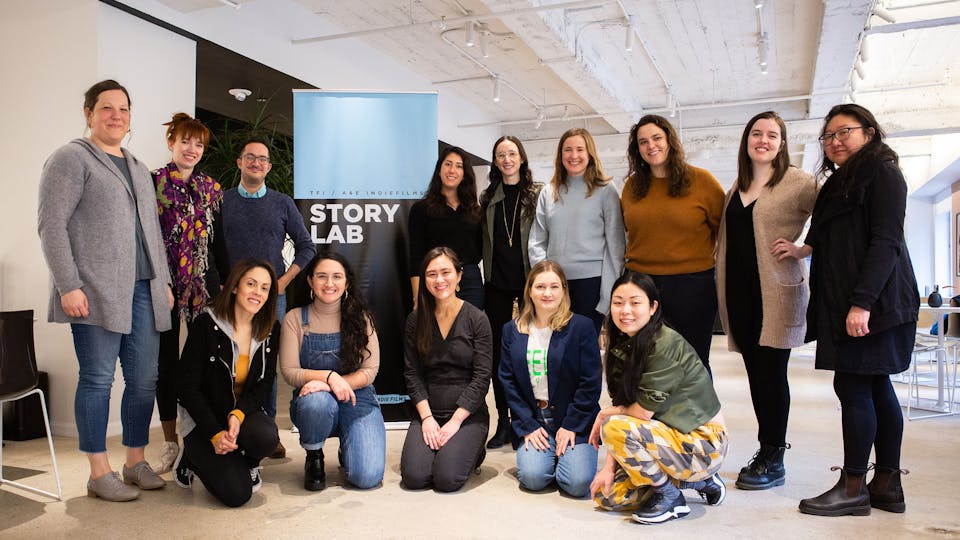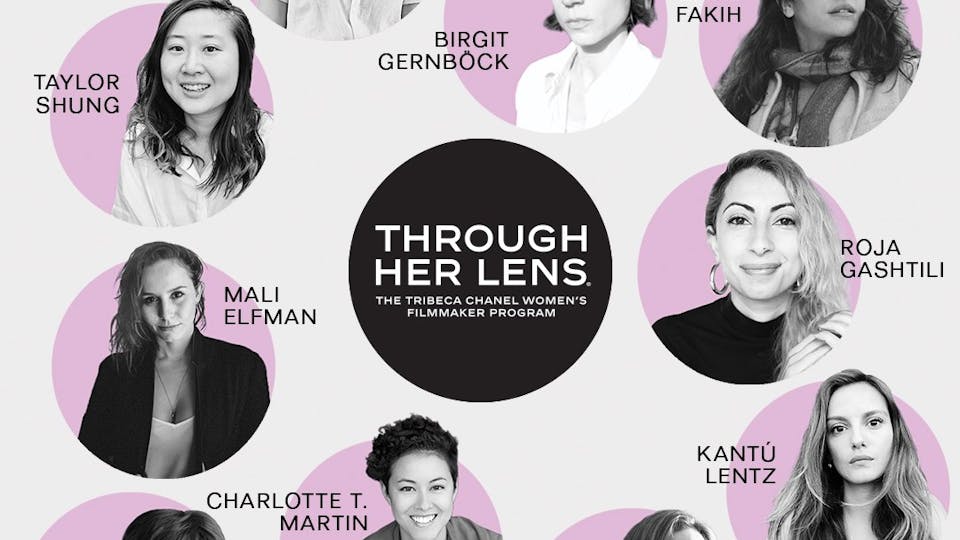5 Things Every Filmmaker Should Know When Selling Their Film

A lot goes through your head when you get the call that you've been accepted to a film festival. A sense of relief that your hard work has been solidified. Excitement to finally show your story to an audience. But if you think the work is over you're very wrong. Now comes phase two in your film's life: the selling of it.
With TFI Documentary Fund alum Meet The Patels currently on the festival circuit and showing at the Los Angeles Film Festival this weekend, we thought this would be the prefect time to ask directors Ravi V. Patel, Geeta V. Patel and producer Janet Eckholm what are the main things filmmakers should know when selling their film.
Meet The Patels



1. KNOW YOUR AUDIENCE - After we finished the film, we tested it in front of various audiences and assessed what it was about the film they responded to the most. We picked one genre: comedy, and one tone: feel-good. After that, we studied the marketing and distribution of films in the same vein. This research led to creative and exciting ways to get our film out there.
2. TALK TO OTHER FILMMAKERS - We are big fans of family, as you can see from the film. This sense of family extends to how we do business, and how we overcome obstacles. Whenever there is a new arena we are about to tackle, we call other filmmakers who have just come through the same phase or worked with the same partners and we ask them for advice. Many times, we don't even know these filmmakers. Cold-calling, asking for introductions, reading interviews, all of this saved us many mistakes and put us light years ahead. Yes, this film took six years. It's a miracle it didn't take longer!
3. KNOW EVERYONE'S JOB - An independent film is a small business. Just as in a small business, it is important to understand every department and ideally, to have done every job to some extent. It's important to try to understand the jobs of everyone you hire. Sometimes, what your agent, publicist, lawyers, etc. may tell you isn't the best approach for your film. However, you can't really be sure of this unless you yourself understand their world and the depth of experience behind their moves. Ask questions and drive everyone crazy. Learn as much as you can at every step of the way—the business changes every year and even what you thought you knew has changed drastically since you learned it. We have spent days and weeks learning about legal contracts, conducting informational calls with experts in various fields to ask them how they did this and that, learning accounting, making spreadsheets, keeping our financial records up to date with Quickbooks (ugh, Quickbooks), calling distributors and asking them to walk us through the details of their processes. Learning the business is freedom, and eventually, the power to successfully distribute your film and make the next one. The vision doesn't stop when you have a final cut; it stops when you get your film to audiences.
4. FOLLOW YOUR GUT - There have been many times when the tested and true route just didn't feel right. It wasn't about information and number-crunching, it was about a gut feeling. There is no foolproof method to be successful in film distribution, so in some ways, it's just as creative as the filmmaking itself. No matter where that gut feeling has taken us, or how much longer it made our process, or how many mistakes it dragged us through, it always led to good things, amazing things, better things than we could have ever imagined. In seeking distribution, this is already proving to be the case. We are very fortunate to have executive producers and a sales agent who have a lot of experience with successfully distributing socially relevant and culturally interesting films, and it is important to listen to their advice, however ultimately we know that we need to make our own decisions based on their advice and our own instincts. Some of best advice we received recently was "you are the one who sets the value of your film. There are a ton of people out there who claim to be experts, but you are the one who sets the bar for how people look at your film."
5. GET DAD INVOLVED - We made a film about our film…with our family. This has turned into a family business in the most hilarious way. Mom has been making calls all over the place, getting us discounted motel rates ("the Patel rate") during tours and calling every Patel in America to make sure they are out there publicizing this film. Janet's family has been suggesting music, proofing cuts, and cheering us on. Dad's the one who gives us every update from the the blogosphere to Facebook. That's right, he's now on Facebook! Many times, he'll call us at 6am (we have a three hour time zone difference) and let us know our website is down, or our Facebook updates are overdue. Thanks Dad. But seriously, involve the people who love you. Making a documentary is a tough, weird, job that very few people (including ourselves, let's face it) understand. It's been awesome to have our family not only be in the film, but be part of the engine that drives the film. Dad was an engineer and never really understood the arts. It's been awesome to finally have him see how much work it is, how challenging it is, how legit it is, and how rewarding it is. Now, we have conversations with Dad about all the challenges and come up with solutions together. He's in love with the distribution process and so excited. We've created a monster!
[Headshots (left to right): Ravi V. Patel, Geeta V. Patel and Janet Eckholm]






